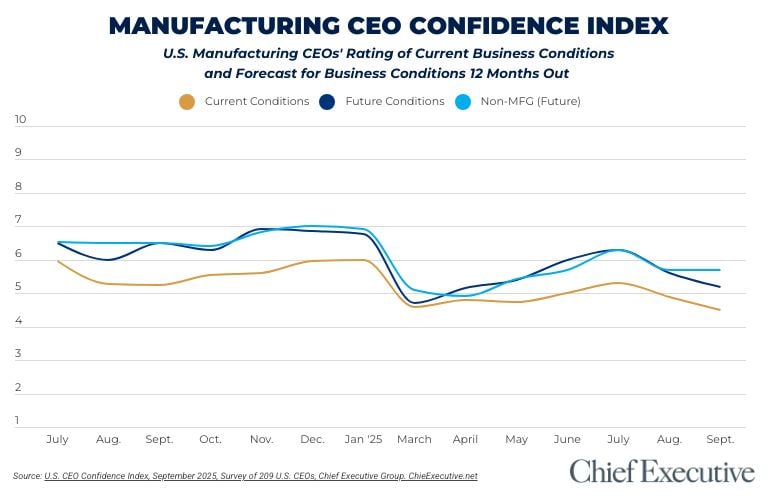
Samsung Group shut down its corporate nerve center this morning after acting leader Jay Y. Lee was charged with bribery and embezzlement, extending a troubled period for the South Korean conglomerate following a recall of its fire-prone Galaxy Note 7 smartphone.
The scandal has negative implications for the country’s powerful family-run business empires, locally known as “chaebol”, credited with driving economic growth since the Korean war but also criticized for their opaque structures and authoritarian ethos.
Lee was arrested earlier this month for allegedly exchanging bribes for government favors amid explosive accusations involving impeached president Park Geun-hye. He is the son of Samsung chairman Lee Kun-hee, who was incapacitated by a heart attack in 2014.
Shortly after a South Korean special prosecutor announced the charges against Lee and four other Samsung executives, the company said it was closing its corporate strategy office in Seoul. Instead, affiliate companies such as Samsung Electronics, Samsung Heavy Industries and Samsung C&T would be managed by their respective boards and CEOs, the company said.
The distraction could be a gift for competitors across various industries, ranging from ship-building to insurance, including smartphone rival Apple. Samsung Electronics lost its crown as the world’s biggest smartphone maker in the fourth quarter of 2016 to Apple after the Galaxy Note 7 debacle in September and October weighed on sales.
To be sure, any chaebol reform resulting from the scandals could create companies with corporate governance practices more in step with their Western peers.
Several leading candidates to replace Park, should her impeachment be upheld by a court in the coming weeks, have pushed to weaken the influence of chaebols via tighter anti-monopoly and fair trading laws.
“A new government under a left-of-center president would likely accelerate efforts to achieve that goal,” Scott Seaman, a senior Asia analyst at Eurasia, said in a client note.




Chief Executive Group exists to improve the performance of U.S. CEOs, senior executives and public-company directors, helping you grow your companies, build your communities and strengthen society. Learn more at chiefexecutivegroup.com.
0

1:00 - 5:00 pm
Over 70% of Executives Surveyed Agree: Many Strategic Planning Efforts Lack Systematic Approach Tips for Enhancing Your Strategic Planning Process
Executives expressed frustration with their current strategic planning process. Issues include:
Steve Rutan and Denise Harrison have put together an afternoon workshop that will provide the tools you need to address these concerns. They have worked with hundreds of executives to develop a systematic approach that will enable your team to make better decisions during strategic planning. Steve and Denise will walk you through exercises for prioritizing your lists and steps that will reset and reinvigorate your process. This will be a hands-on workshop that will enable you to think about your business as you use the tools that are being presented. If you are ready for a Strategic Planning tune-up, select this workshop in your registration form. The additional fee of $695 will be added to your total.

2:00 - 5:00 pm
Female leaders face the same issues all leaders do, but they often face additional challenges too. In this peer session, we will facilitate a discussion of best practices and how to overcome common barriers to help women leaders be more effective within and outside their organizations.
Limited space available.

10:30 - 5:00 pm
General’s Retreat at Hermitage Golf Course
Sponsored by UBS
General’s Retreat, built in 1986 with architect Gary Roger Baird, has been voted the “Best Golf Course in Nashville” and is a “must play” when visiting the Nashville, Tennessee area. With the beautiful setting along the Cumberland River, golfers of all capabilities will thoroughly enjoy the golf, scenery and hospitality.
The golf outing fee includes transportation to and from the hotel, greens/cart fees, use of practice facilities, and boxed lunch. The bus will leave the hotel at 10:30 am for a noon shotgun start and return to the hotel after the cocktail reception following the completion of the round.